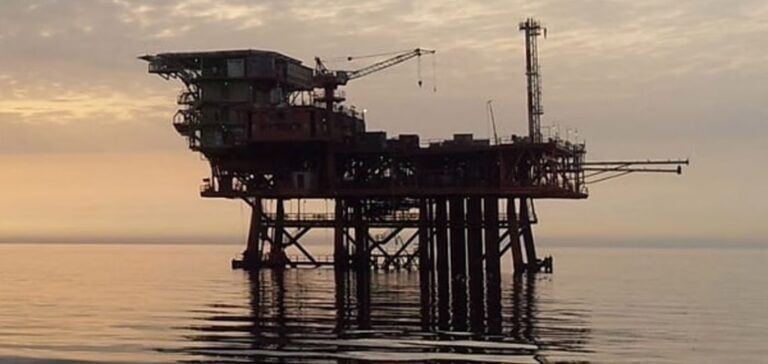Despite the initial goal of increasing oil production to 500,000 barrels per day (b/d) by 2025, Congo remains determined to achieve this ambition by 2029. The Société Nationale des Pétroles du Congo (SNPC) plays a central role in this effort by launching a drilling campaign on several priority sites.
The Nanga I field, operated by the SNPC, is one of the flagship projects. “The Nanga field, where we plan to drill two new wells before January 2025, is a priority,” said Maixent Raoul Ominga, CEO of the SNPC, during an address at African Energy Week (AEW). This project, alongside other initiatives on the Kouakouala II, Zingali II, and Mayombe II blocks, aims to strengthen the country’s energy production and support economic development.
A strategic plan for the gas sector
In parallel with efforts in the oil sector, Congo is accelerating the development of a master plan aimed at attracting investments in natural gas. This strategy includes the gradual elimination of flaring, an energy-intensive and environmentally harmful practice, in favor of more sustainable monetization solutions.
The country’s ambitious approach is based on a long-term vision of energy security and an increased contribution to sustainable development goals. Authorities estimate that optimizing the potential of both gas and oil resources will also boost public revenues.
Significant economic impacts anticipated
According to the African Development Bank (AfDB), these initiatives could stimulate Congo’s economic growth, with a projected increase of 4.4% in 2025. This forecast relies on the expected rise in oil production, increased investment in energy infrastructure, and the clearance of state arrears to national economic operators.
Congolese authorities view these projects as an opportunity to enhance the country’s economic resilience while attracting strategic international partnerships.






















